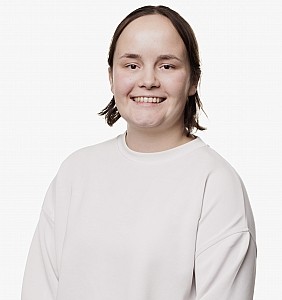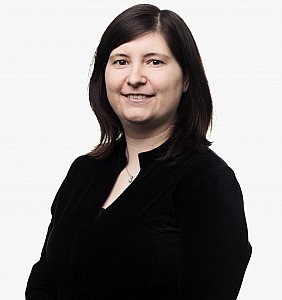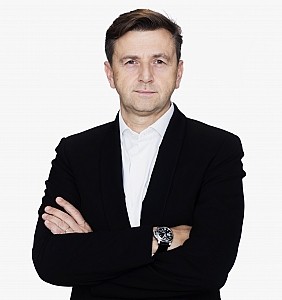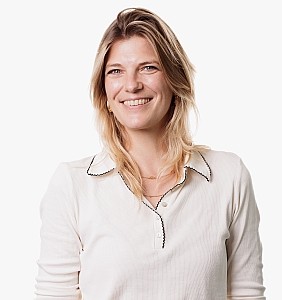Genetic engineering tool Crispr/Cas9 incites patent war
The CRISPR/Cas9 system has been recently used to perform gene editing with great accuracy. Crispr/Cas9 is thought to provide an exquisite tool for engineering the “perfect human”, through manipulation of the germ line. Crispr/Cas9 acts as molecular scissors, enabling to cut and replace DNA parts in an organism’s genome.
In April 2014, a broad US patent was granted to Feng Zhang and the Broad Institute (US 8 697 359). Although the Crisp technology was first described in Science in 2012 by Jennifer Doudna, a biologist at the University of California, Berkeley, and French microbiologist Emmanuelle Charpentier, Feng Zhang received a granted patent on the technique after submitting lab notebooks which allegedly proved he and not Doudna and Charpentier was the first to invent the Crispr/Cas9 technology.
Although Doudna and Charpentier filed a patent application 7 months before Zhang’s, Feng Zhang was able to get a patent under the old ‘first to invent’ rules (which to date are no longer applied). Under ‘first to invent’ the one being able to prove that he was first to make the discovery, wins the patent, regardless of the date of filing.
Lawyers for UC Berkeley have now filed counterclaims in an interference proceedings before the US Patent Office, claiming that Zhang’s notebooks do not prove he invented the system. Such interference proceedings are decided by a special board of examiners, and can take several years.
Interferences have helped to decide control over some of the most interesting inventions ever, including the telephone, the sewing machine, and television. The Belgian invention of Shell and Van Montagu for introducing foreign DNA in plants for instance, another landmark invention in biotech, has long been the subject of interference proceedings.
The stakes are high: the CRISPR/Cas9 system is thought to become a profitable business in the coming years, providing the ones owning the rights very lucrative deals.
Do you have a question?
We would be happy to assist you.
Make an appointment with one of our experts.
Rest assured, you're not alone.
Feel free to browse through the FAQ and don't hesitate to
contact us if you still have any doubts.




